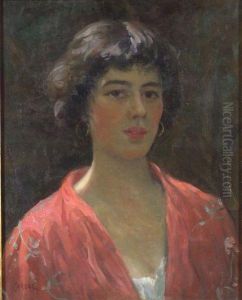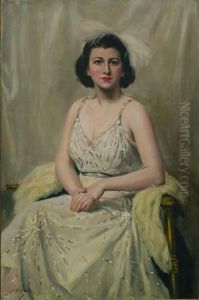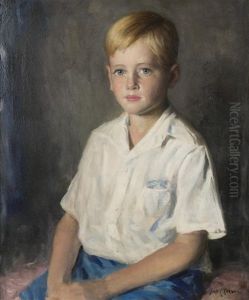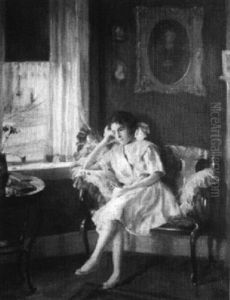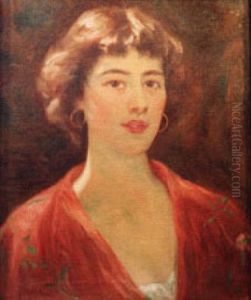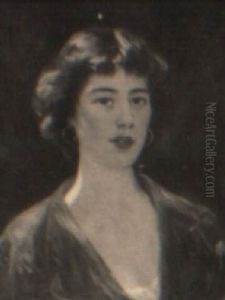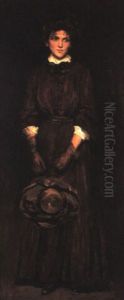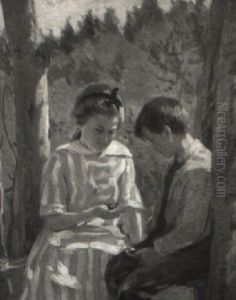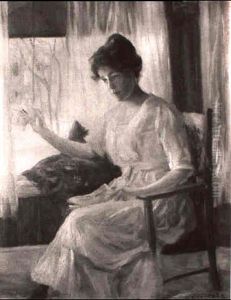Scott Clifton Carbee Paintings
Scott Clifton Carbee was an American artist and art instructor known for his paintings, sculptures, and contributions to the Boston art scene in the late 19th and early 20th centuries. Born on September 17, 1860, in South Newbury, Vermont, Carbee showed an early interest in the arts. He honed his artistic skills through dedicated practice and eventually pursued formal art education to further his craft.
In the late 1880s, Carbee went to Paris to study at the prestigious Académie Julian, an art school popular among American and international students. There, he was influenced by the academic art traditions and the emerging styles of Impressionism. He studied under notable instructors such as Benjamin Constant and Jules Lefebvre, which significantly impacted his approach to painting and sculpture.
After completing his studies in Paris, Carbee returned to the United States, where he became an active member of the Boston art community. He was involved with the Boston Art Club and participated in numerous exhibitions, earning a reputation for his portraits and genre scenes. His work was characterized by a blend of academic realism and the softer, more atmospheric qualities associated with Impressionist painting.
Beyond his artistic endeavors, Carbee was committed to art education. He founded the Carbee School of Art in Boston, where he taught a generation of young artists, sharing his knowledge and passion for the arts. His teaching philosophy emphasized the importance of classical art techniques while also encouraging students to explore their own creative expressions.
Scott Clifton Carbee continued to paint and sculpt throughout his life, leaving behind a legacy of artistic works that are now part of private and public collections. His contributions to the Boston art scene and his role as an educator have cemented his place in American art history. Carbee passed away on July 31, 1946, leaving a rich body of work that continues to be studied and appreciated by art enthusiasts and historians.
